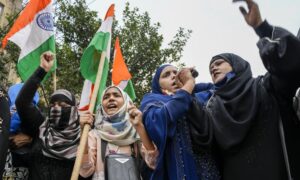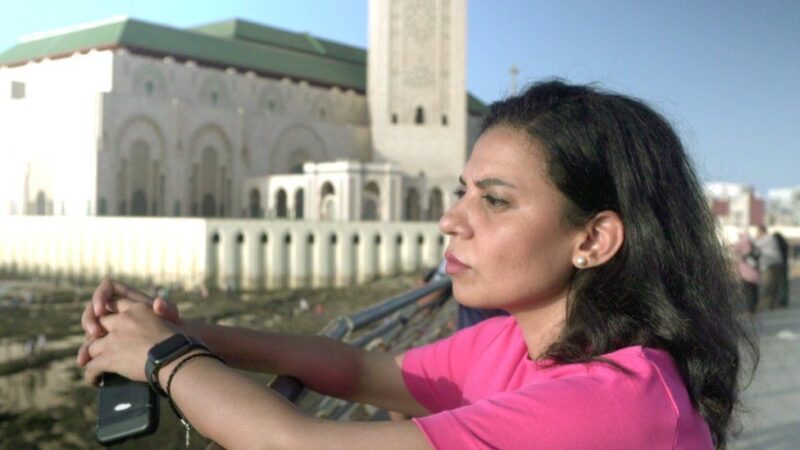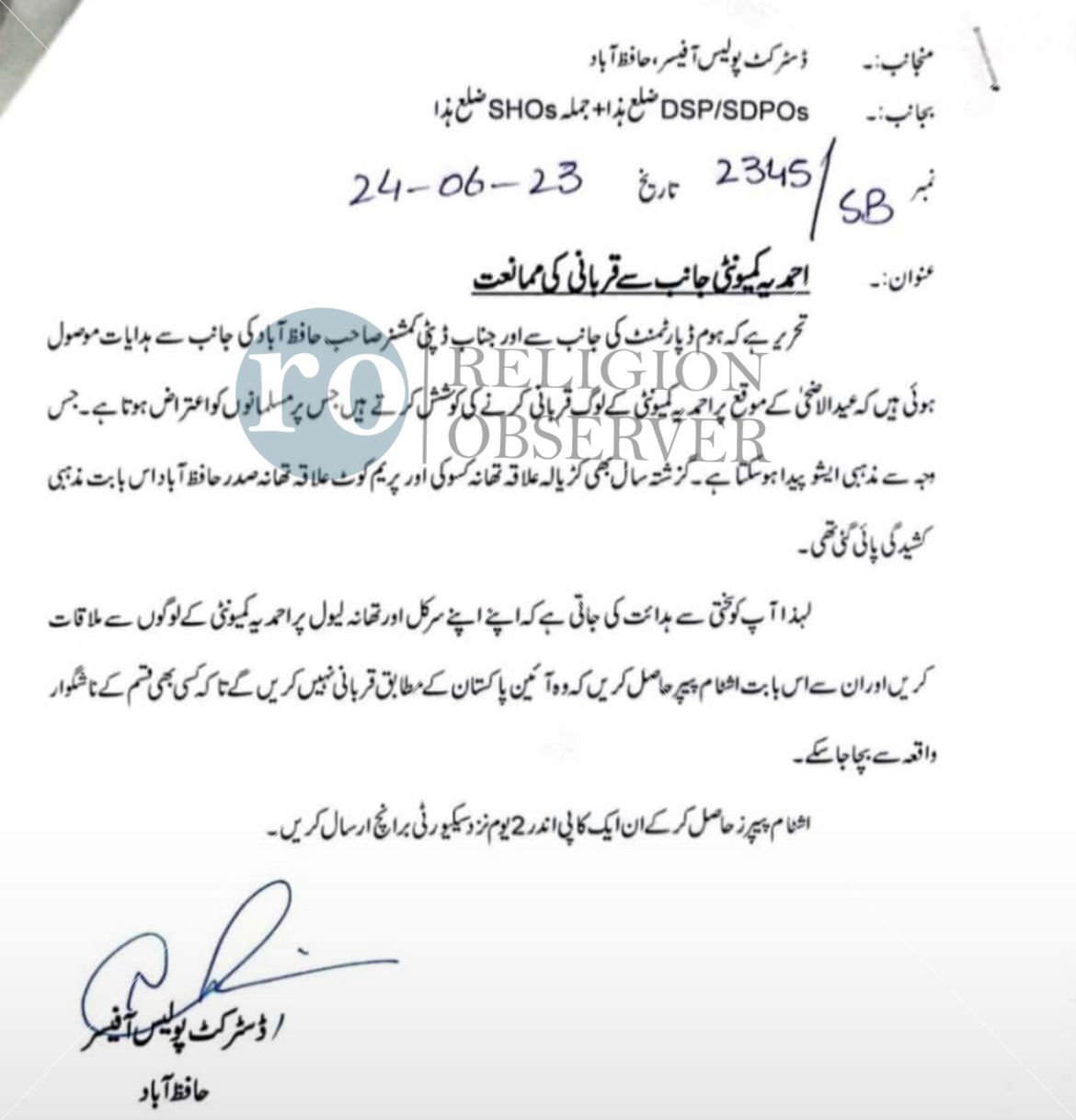Hijab ban: No ‘religious clothes’ until funal decision, says Indian high court

Religion Observer Web Desk |
A court in the southern Indian state of Karnataka told students on Thursday not to wear any religious clothing until it delivers a verdict on petitions seeking to overturn a ban on hijabs, headscarves used by Muslim women.
The court in Karnataka state is considering petitions filed by students challenging a ban on hijabs that some schools have implemented in recent weeks.
“We will pass an order. But till the matter is resolved, no student should insist on wearing religious dress,” the Press Trust of India news agency quoted Karnataka High Court Chief Justice Ritu Raj Awasthi as saying.
The advocates appearing for the petitioners objected to the interim order, saying it amounts to “suspension of our rights”, according to The Wire. But the court said it was a matter of a few days and adjourned for the day.
The court also directed the state to reopen schools and colleges which the
chief minister had shut for three days as protests over the ban escalated earlier this week.
The issue grabbed headlines last month when a government-run school in Karnataka’s Udupi district barred students wearing hijabs from entering classrooms, triggering protests outside the school gate. More schools in the state followed with similar bans, forcing the state’s top court to intervene.
However, the issue shot to the spotlight and garnered reactions from celebrities and politicians in India and Pakistan after a video of a hijab-clad student being heckled and jeered at by a mob of Hindutva supporters in Karnataka surfaced on social media.
Read: Hindutva ‘unveiled’ as RSS mob heckles hijab-clad Muslim girl in India’s Karnataka state
The uneasy standoff has raised fears among Muslim students who say they are being deprived of their religious rights in the Hindu-majority nation. On Monday, hundreds of students and parents took to the streets to protest the restriction.
The dispute in Karnataka has set off protests elsewhere in India. A number of demonstrators were detained in the capital, New Delhi, on Thursday, and students and activists have also marched in cities including Hyderabad and Kolkata in recent days.
A day ago, hundreds of students in Kolkata shouted slogans and blocked roads in protest against the ban. The protesting students were predominantly women wearing hijabs, an eyewitness said, adding the demonstrations were without incident. The students said that they planned to reconvene on Thursday.
Meanwhile, MP Shashi Tharoor of Congress party said there is no law banning religious forms of dress in India. “(T)here is no law banning religious forms of dress like a Sikh turban or a crucifix around your neck or a tilak on the forehead, all of which are forbidden in France’s government schools but permitted in India’s,” he said in response to a question.
Last week, Rahul Gandhi of the Congress party also voiced opposition to the ban and tweeted: “By letting students’ hijab come in the way of their education, we are robbing the future of the daughters of India.”
The issue has also captured attention in Pakistan.
“Depriving Muslim girls of an education is a grave violation of fundamental human rights,” Foreign Minister Shah Mahmood Qureshi tweeted on Wednesday, calling the situation “absolutely oppressive.”
Hafiz Tahir Ashrafi, special representative to the prime minister on religious harmony and chairman of the Pakistan Ulema Council, announced that Friday would be observed as a day of solidarity with “daughters of India”.
Nobel Peace Prize laureate and education activist Malala Yousafzai also condemned the ban. “Refusing to let girls to go to school in their hijabs is horrifying,” the 24-year-old tweeted.
For many Muslim women, hijab is part of their faith and a way to maintain modesty. It has been a source of controversy for decades in some Western countries, particularly in France, which in 2004 banned them from being worn in public schools.
In India, where Muslims make up about 14 per cent of the country’s almost 1.4 billion people, they are not banned or restricted in public places and are a common sight. Some rights activists have voiced concerns that the bans could increase Islamophobia. Violence and hate speech against Muslims have increased under Prime Minister Narendra Modi’s governing Hindu nationalist party, which also governs the Karnataka state.
Courtesy: Dawn



